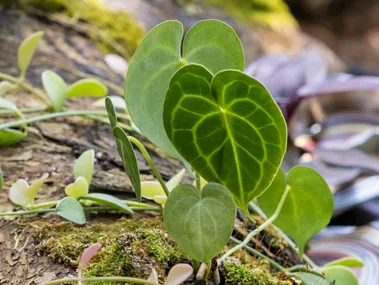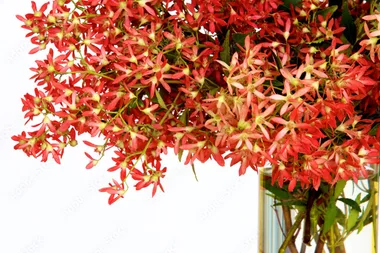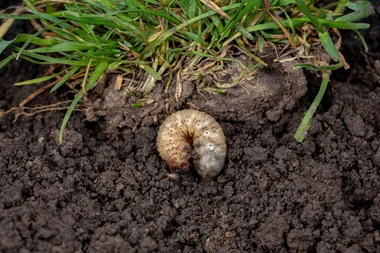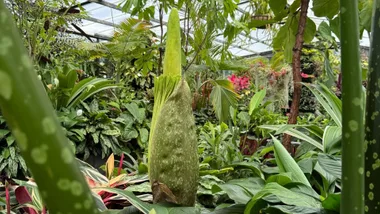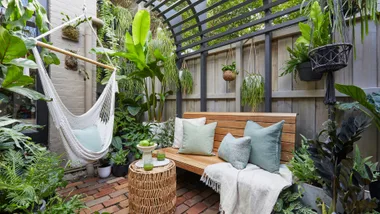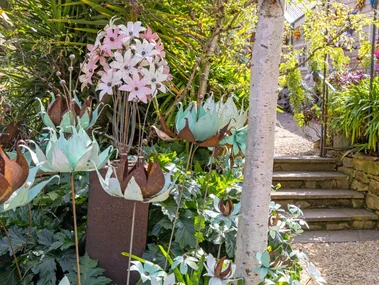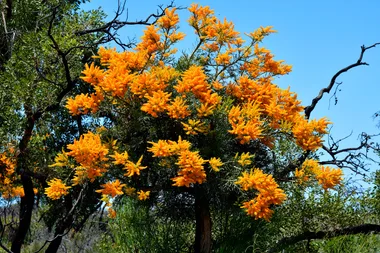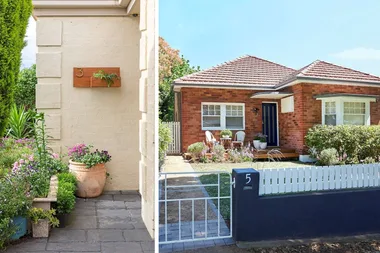Pumpkin is a really easy vegetable to grow from seed, as long as you have the space for it.
Watch: spiced pumpkin and olive oil loaf cake
While seeds will grow and sprout quite quickly, it can take up to four months for a pumpkin to mature, and they can grow up to 500kg.
How to grow pumpkins
Kevin Parker, a senior horticulturist at The Greenery Garden and Home, says, “Pumpkins need a lot of space.”
“But if you haven’t got a big area for your veggies, you can let them climb in some cases.”
For ground-growing pumpkins, you will need at least a couple of metres square or more for them to sprawl out. Make sure they grow away from your other veggies because they can be a bit of a bully.
If you decide to train your pumpkins to grow up, you will need to support it. Kevin says some people choose to use netting.
Here is a list of the different pumpkin varieties grown in Australia.

When to plant pumpkin seeds:
Zone 1: October to December
Zone 2: September to December
Zone 3: August to February
Zone 4: February to September
Get the key to climate zones here.
How to plant pumpkin seeds
Pumpkins are quickly grown from seed: here’s how.
- plant 2-3 cm deep in compost-rich, well-draining soil
- water the well until they germinate
If you are growing your pumpkins at ground level, make sure you mulch well around the area to avoid your pumpkin from rotting.
“Sometimes, your pumpkin looks impressive on the top, but the bottom is rotted when you pick it up,” says Kevin.
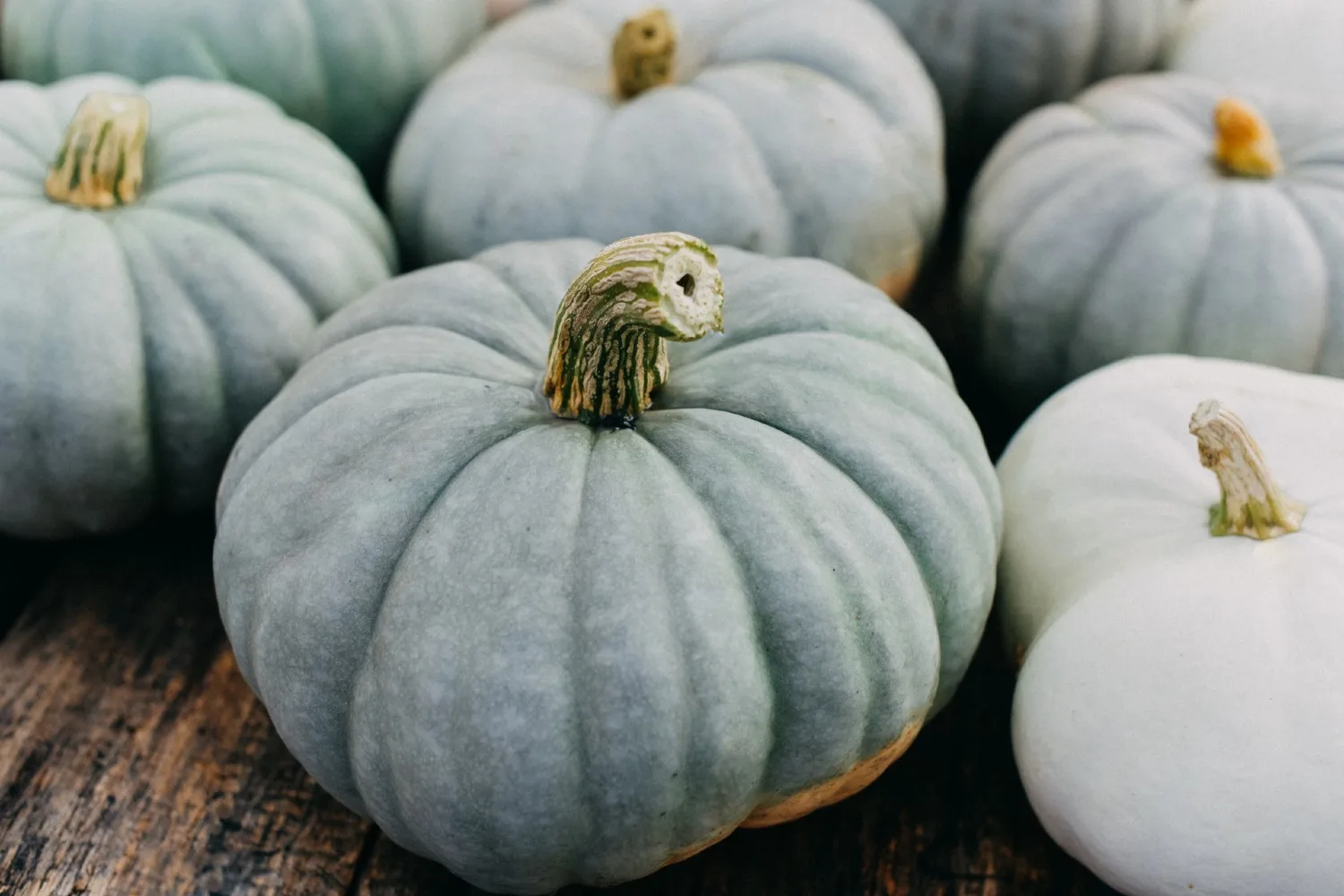
How to care for pumpkins
Aspect
Pumpkins require full sun with lots of room to grow. “Pumpkins love the heat, and it’s well into summer before they start fruiting,” says Kevin.
Climate
It’s best to plant pumpkins when temperature is above 18 degrees, consistently.
Soil
Pumpkins like free-draining, slightly fertile soil. Add compost to the soil before planting.
Water
Kevin says pumpkins don’t need a lot of water.
Fertiliser
Apply liquid seaweed fertiliser once a fortnight.
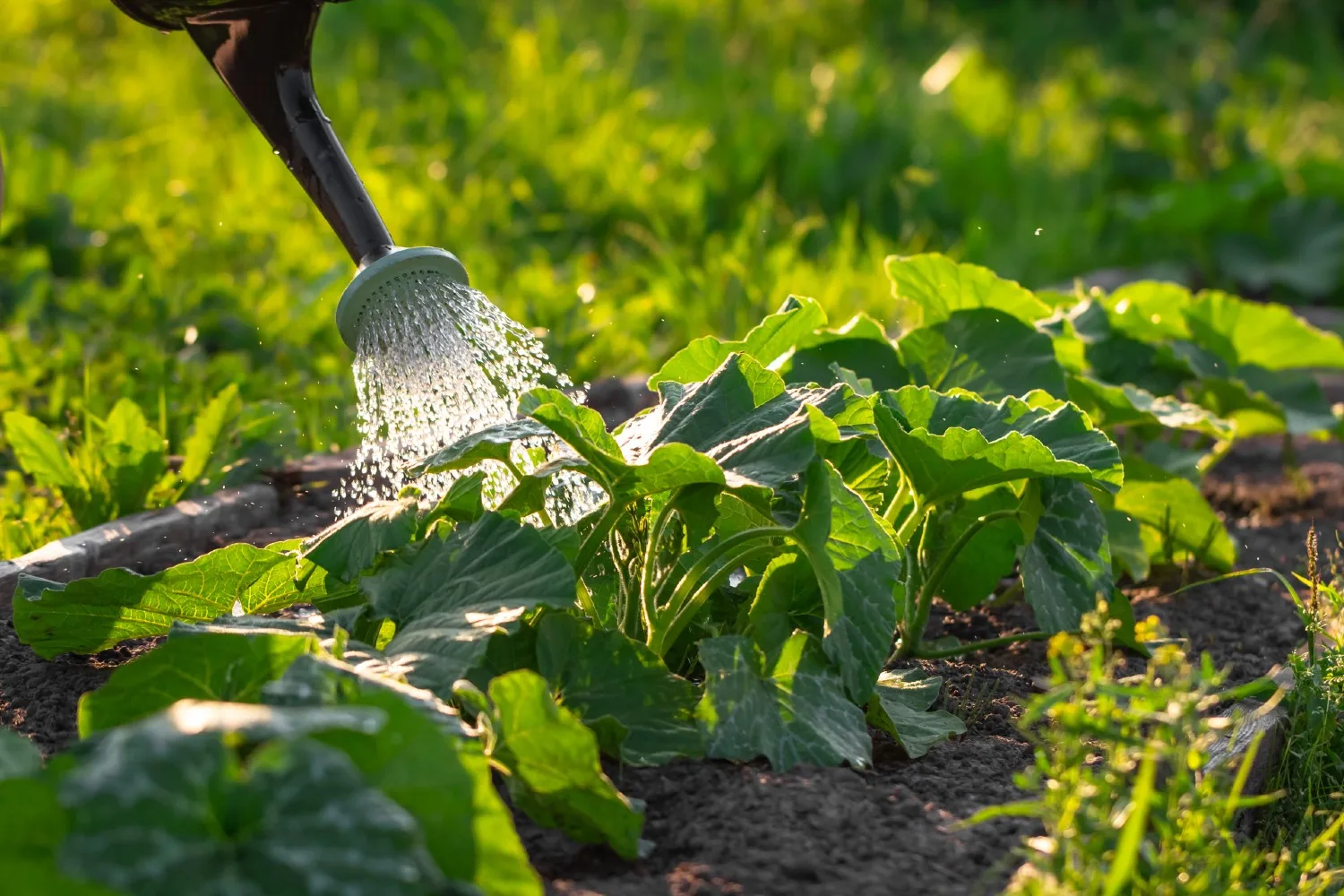
Common problems when growing pumpkin
If there aren’t many insects in your garden, pumpkins can have issues with pollination, so you might have to hand pollinate.
“If you aren’t getting a lot of insects in your gardens, you might find you are getting flowers, but you aren’t getting any pumpkins. This is because they haven’t been pollinated,” says Kevin.
Hand pollination involves “getting a little brush and taking some of the pollen from the male flower and putting it on the female flower,” explains Kevin.
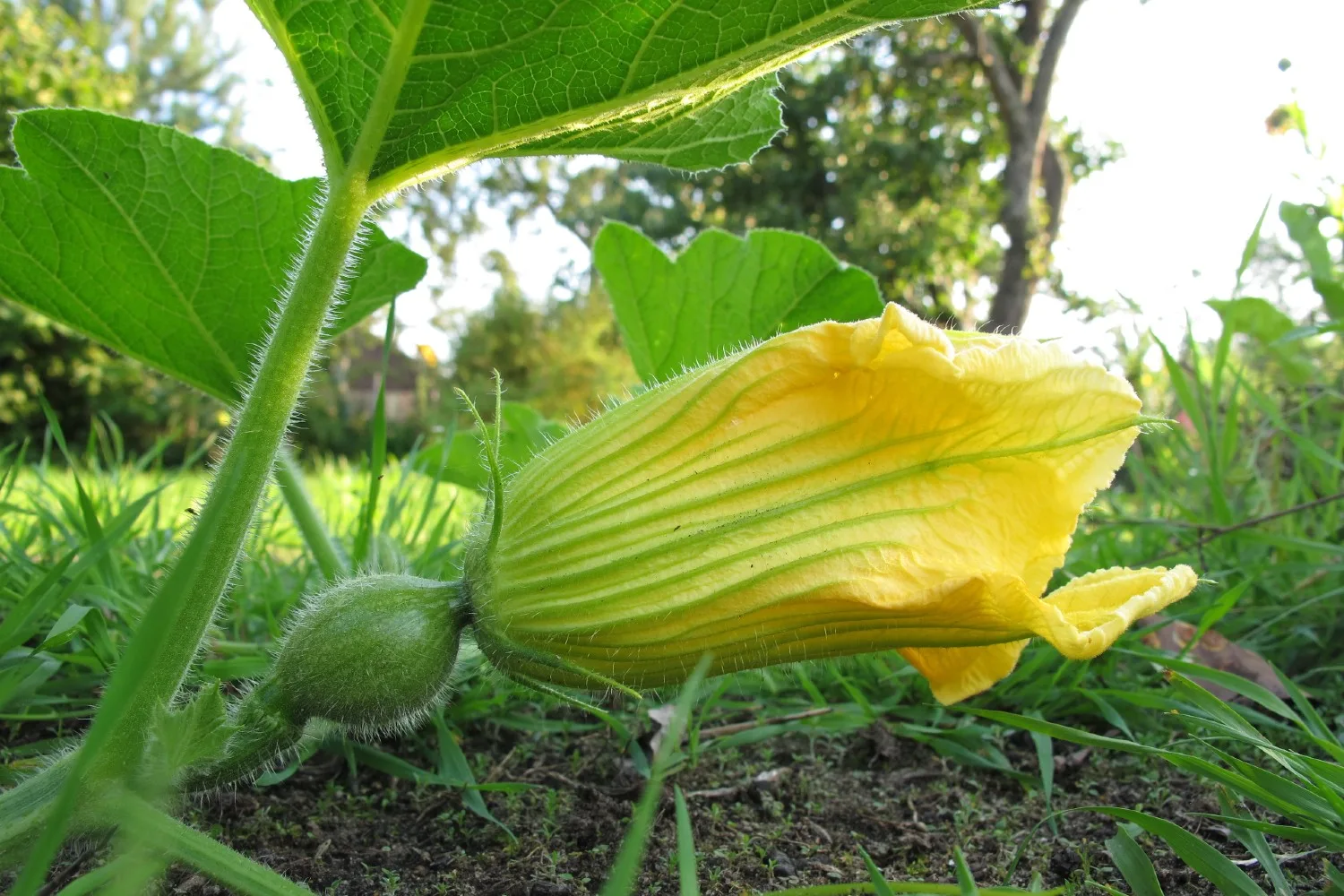
What does a male flower look like on a pumpkin?
The female flower will be located closer to the main stem and have a little pumpkin between the flower and the stem.
Male flowers are more significant in number, have a skinner stem and don’t have a little pumpkin.
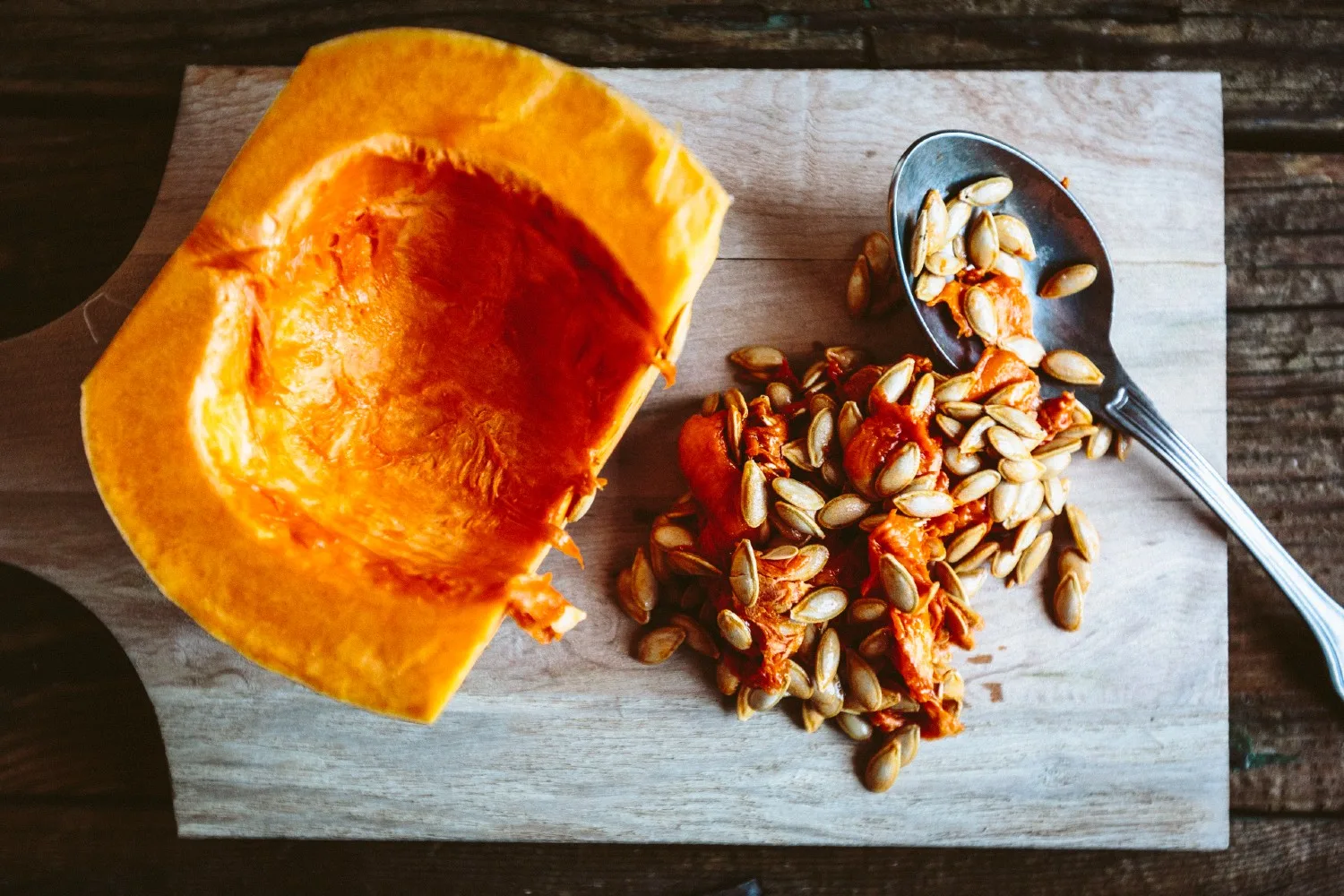
How do you know when pumpkin is ready for harvesting?
There is a simple way to tell if you’re pumpkin is ready to harvest.
“If you knock on the pumpkin and it sounds hollow, then it’s ready to harvest,” says Kevin.
When cutting the pumpkin off the plant, make sure you cut about 5cm below to stem to maximise the storage time of your pumpkin.
You might also like:

